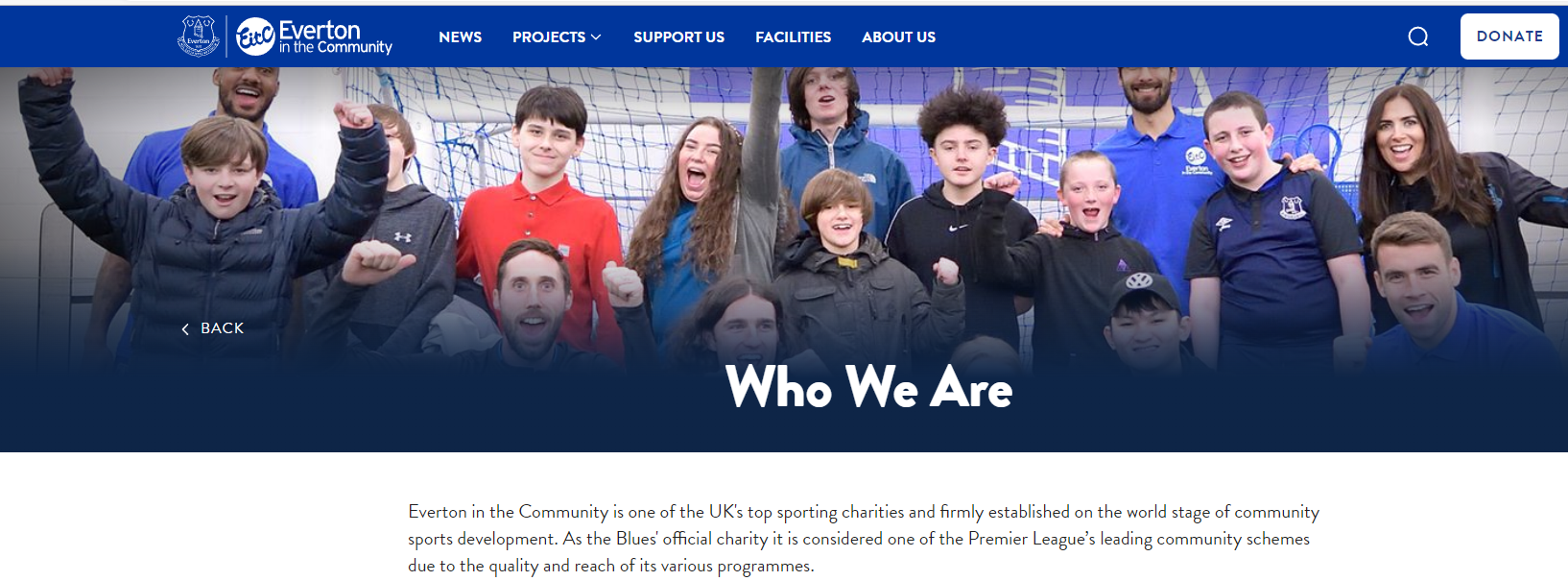TRaumatic Encephalopathy Assessment Tool development in the Emergency Department TREAT-ED study
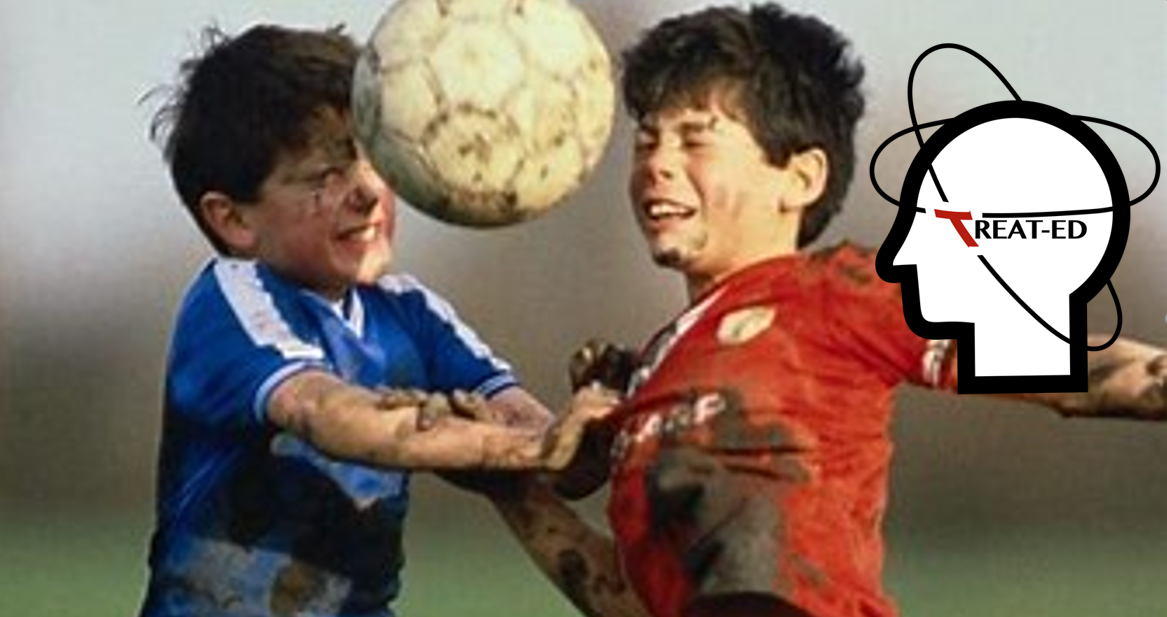
Traumatic Brain Injury (TBI) is a leading cause of death and disability across all age groups. Despite a significant body of research into adult TBI, it is unknown whether this research truly reflects child TBI. In contrast, limited child TBI studies have been performed, leaving knowledge gaps in the management of child TBI. Our TREAT-ED study starts to examine these knowledge gaps in children attending Alder-Hey Children's NHS Foundation Trust Emergency Department (ED).
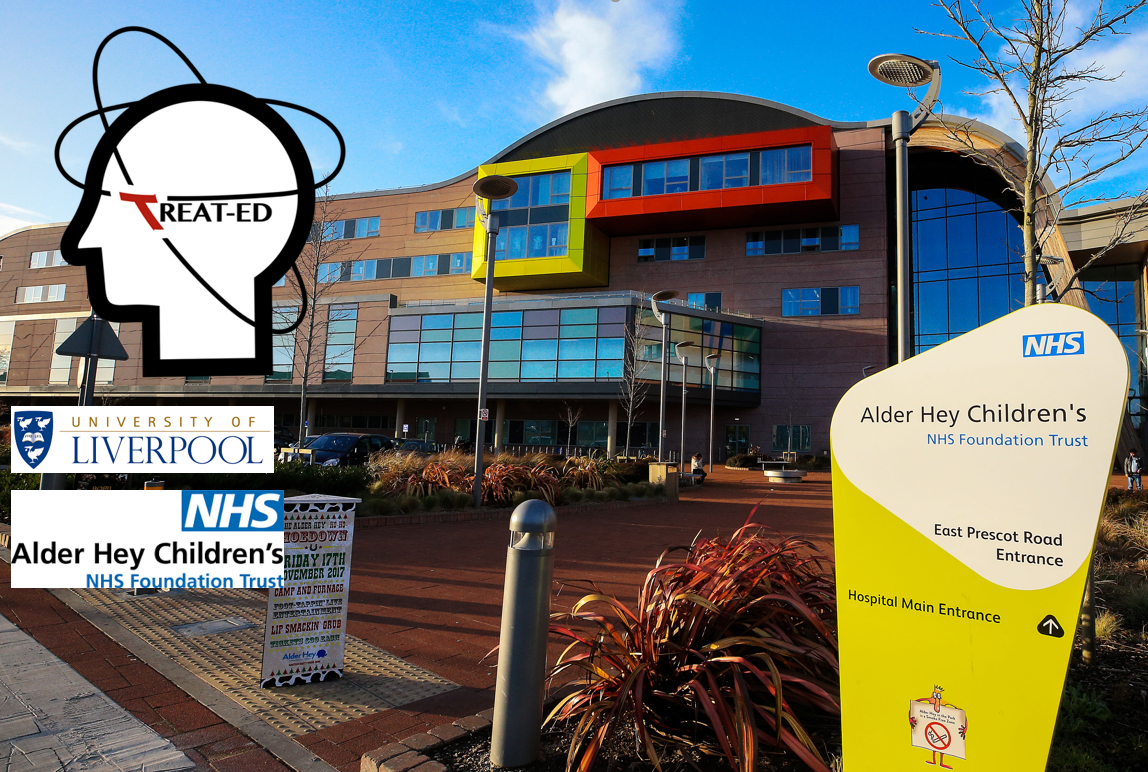
The Alder Hey Emergency department sees 4-12 TBI cases per day (n>3500 cases in 2019). The vast majority of children with TBI (usually of mild severity) are discharged without follow-up. However, our data indicates over 10% of these self-refer back to ED with ongoing problems.
The diagnosis of TBI and clinical assessment of whether brain damage has occurred is reliant on the history and symptoms. Children can struggle to recognise and define their symptoms, while histories from family or carers can sometimes lack detail. Thus, important features may be understated or missed. In severe TBI, brain damage can be diagnosed by scans of the head (such as CT scans). In mild TBI, the brain can still be damaged. However, this damage is less easily detected by standard imaging. Consequently, in mild TBI, medical staff are even more reliant on clinical features and history. 90% of child head injuries are on the mild end of the spectrum. Brain damage from these injuries can be missed by existing clinical diagnostic and imaging techniques. Mild TBI can cause multiple problems, including behavioural, attention and/or memory problems. Some reports have estimated 10-43% of children with mild TBI may have sustained difficulties.
TBI is already recognised as a key risk factor in developing dementia among adults in later life. Evidence is growing that mild TBI, particularly among children without adequate support, can lead to behavioural, educational, developmental and emotional difficulties that impact their childhood and, in some cases, beyond into adulthood.
Our TREAT-ED study interviews child TBI patients and carers at Alder Hey ED presentation. It also follows up participants with an online survey (sent to their mobile) by which they can document any ongoing symptoms after leaving the ED department. Those that report ongoing symptoms via the application are offered to discuss their problems in more detail by phone (and linked into services where agreed/required). This information will help us to identify which child TBI patients are likely to suffer sustained symptoms and require clinical follow-up and therapy.
The study also measures blood ‘biomarkers’ of brain injury at ED presentation. Several biomarkers are known to be released in adult TBI. It is not fully confirmed whether these markers are of the same importance in child TBI. The study collects blood samples during ED attendance. We will assess the accuracy of these biomarkers to diagnose TBI by comparing their levels among children with differing TBI severity, as well as those with or without long-term symptoms.
The aim of this study is to determine whether clinical features (+/- biomarkers) can be used as a tool to help identify which children develop long-term symptoms after TBI. In turn, this tool will guide clinical staff to ensure these children receive early clinical follow-up to reduce their symptoms.
Children (and their carers) attending Alder-Hey ED from September 2023 either with suspected head injury or with limb fractures (but no head injury), who will act as controls, will be approached by members of the ED department/TREATED research team to ask if they want to participate in the study. They will then briefly explain the study to you/your child and provide a patient information sheet on the study for your to read/understand the study.
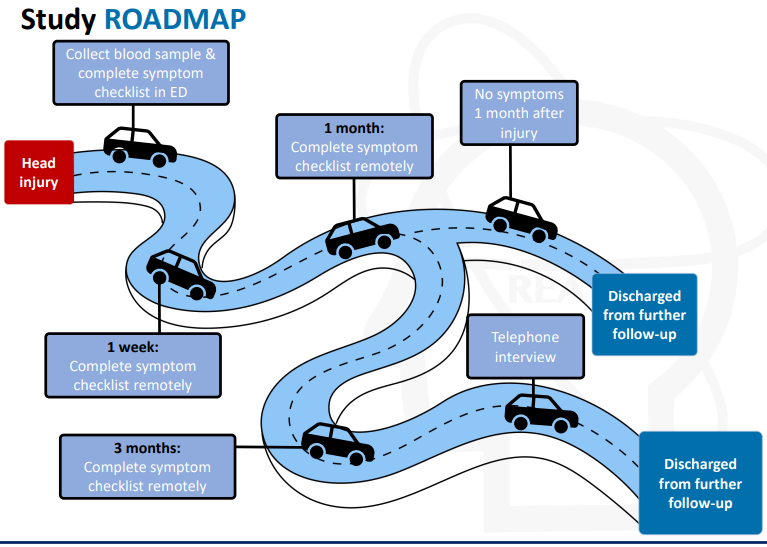
The TREAT-ED study is sponsored by the University of Liverpool and supported by a Hugh Greenwood Legacy Fund grant. Abbott Health are also supporting the study via provision of equipment ( i-STAT Alinity and i-STAT TBI Plasma consumables) to Alder Hey Hospital to measure brain injury markers (GFAP and UCHL1) in a sub-set children participating in the study.
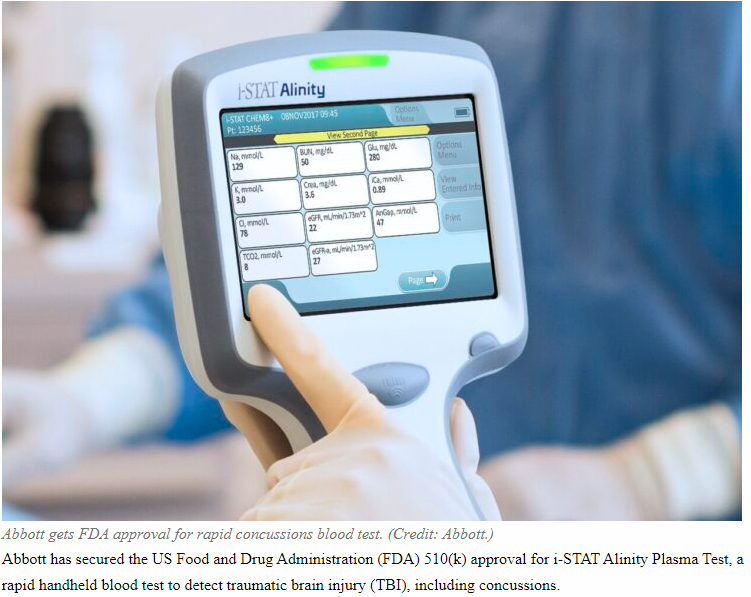
Complementing the TREAT-ED study, the research team are members of the TBI-Reporter study (led by University of Cambridge) providing a TBI research platform to support TBI research across a range of populations across the UK (Research platform to transform treatment of traumatic brain injury – UKRI) . To date, the TREAT-ED study is the only TBI study actively recruiting children through the Emergency Department in the UK.

Alongside, with Alder Hey Children's NHS Trust, we are also members of Everton in the Community (Everton Minds) Starting Well Initiative, to improve health education and health access for the local Liverpool population, with a focus on building a health centre (including a head injury awareness and community access clinic) linked to the planned new Everton Football Club stadium and members of the national 'Love of the Game' charity promoting research into TBI.
